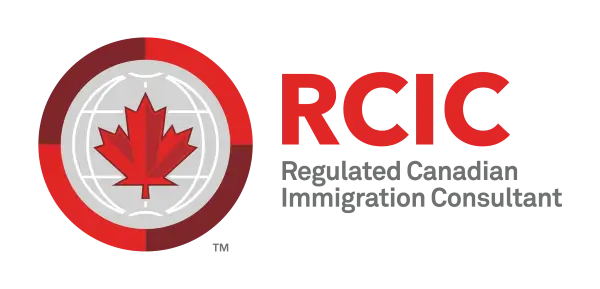Immigrating to Canada Through Spousal Sponsorship
Individuals with Canadian permanent residency or citizenship can sponsor their spouses to join them in Canada. The spousal sponsorship visa falls under Canada’s Family Sponsorship program. For this method to succeed, both the sponsor and the sponsored individual must meet specific requirements.
Sponsor Requirements:
- Possession of Canadian permanent residency or citizenship
- Minimum age of 18
- Financial ability to support the spouse’s living expenses for three years (if the spouse cannot support themselves)
- Proof of non-reliance on Canadian government financial assistance (except in cases of disability)
Sponsored Person Requirements:
Legal Spouse:
- Minimum age of 18
- Officially registered marriage under legal documentation
- Gender is irrelevant
Common-Law Partner:
- Minimum age of 18
- No officially registered marriage
- Continuous cohabitation for at least 12 months without significant interruption
- Gender is irrelevant
Both parties must provide sufficient evidence of a one-year cohabitation period and financial stability. Residential addresses on documents must match, and additional proof—such as photos, videos, or messages reflecting their shared life—may be submitted to Immigration, Refugees and Citizenship Canada (IRCC) if required.
Canadian Marriage Visa
This visa allows Canadian permanent residents or citizens to invite their spouse to Canada and is governed by the Family Sponsorship framework. Obtaining this visa requires compliance with conditions similar to those above: the sponsor must hold residency or citizenship, be over 18, demonstrate financial capability, and not depend on government aid, while the sponsored person must meet age and relationship validity criteria.
Steps to Obtain Permanent Residency Through Sponsorship
Marriage or a common-law relationship is merely the starting point and does not automatically grant permanent residency. Success hinges on proving a verifiable relationship—whether legal or common-law—that is accepted by IRCC.
Proving the Relationship
To prevent misuse of immigration laws, IRCC requires robust evidence. Having a child together, long-term cohabitation, joint bank accounts, or any documentation demonstrating a stable relationship can substantiate the partnership.
Required Information in the Sponsorship Application
Per IRCC guidelines, a sponsorship application must include:
- Full name
- Passport and visa details
- Date of birth
- Sponsor’s occupation and identity details
- Duration of the sponsor’s residency in Canada
- Name, date of birth, and familial relationship of the sponsored individual
- Number of family members
- A signed commitment to cover the sponsored person’s expenses
- Proof of financial capacity and income meeting or exceeding the minimum threshold
Minimum Financial Requirements
| Household Size (including children/grandchildren) | Minimum Annual Income (CAD) |
|---|---|
| 1 person | 22,637 |
| 2 people | 28,182 |
| 3 people | 34,646 |
| 4 people | 42,065 |
| 5 people | 47,710 |
| 6 people | 53,808 |
| 7 people | 59,907 |
| Each additional person | 6,099 |
Conditions for Obtaining Permanent Residency
To secure permanent residency through sponsorship, the sponsored spouse must meet the following:
- No criminal charges or ongoing legal investigations
- Residency in Canada for at least 3 years (1,095 days) within the past 4 years
- Adequate proficiency in English or French
- Familiarity with Canada’s history, culture, and political system
- Passing a citizenship test assessing language skills and general knowledge
Benefits of Canadian Citizenship
- Voting rights in elections
- Ability to sponsor additional family members
- Protection from deportation
- Eligibility for a Canadian passport
Other Immigration Pathways to Canada
In addition to spousal sponsorship, alternative routes to immigrate to Canada include:
- Startup Visa
- Investment Visa
- Student visa
- Refugee Visa
- Express Entry (Work Visa)
Applicants can evaluate the conditions of each option to determine the most suitable pathway.







